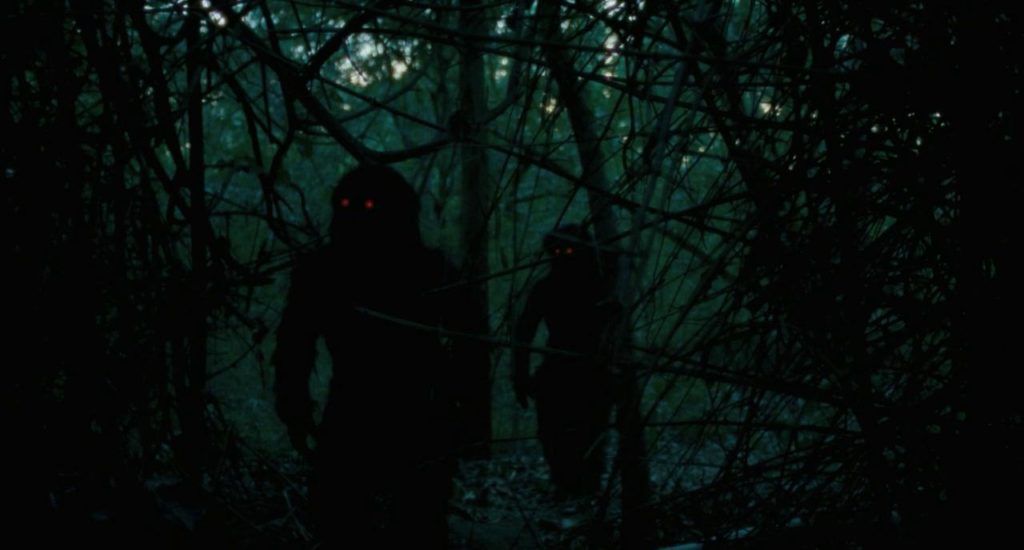
From the start of his feature debut, 2000’s shaggy-dog tale documentary, Mysterious Object at Noon, where the truck-mounted loudspeaker advertisement urges the public to use a particular brand of incense “whenever you want to worship the Buddha…”, the films of Apichatpong Weerasethakul (or Joe, to call him by his nickname as is customary among Thai people) have confronted the place of spirituality in modernity. To varying degrees, all of Joe’s films can be said to explore how Buddhist-shamanist spirituality in Thailand guides identity formation in a shifting global modernity. But his Palme d’Or winning 2010 film Uncle Boonmee Who Can Recall His Past Lives, explicitly considers the way that its main characters experiences are inflected by the belief in spirits, the transmigration of souls, and the cinematic forms that Joe himself uses to bring them to life onscreen.
Uncle Boonmee recounts the final days of Boonmee (Thanapat Saisaymar), a native of Isan (the mostly-rural North-Eastern region of Thailand that Joe grew up in) as he slowly dies from kidney failure. Joe notes in interviews and his artist’s statement that the story comes from a book that he came across when he was living in the Isan, entitled “A Man Who Can Recall His Past Lives” based on the story of a man who lived at a temple and claimed he could remember his past lives when in a state of meditation.
During his last days, Boonmee encounters the ghost of his dead wife and the return of his lost son in the form of a monkey ghost. These spectral encounters may seem out of the ordinary, brought to life with superimposition and cheap costumes and recalling the Thai cinema of Joe’s childhood. But in cinema, ghosts and past lives alike are given equal footing, presented with the same level of realism and acceptance by the characters, and perhaps the audience as well.
What makes Boonmee’s experience unique is not the encounter with the spirit world, but his ability to remember his past incarnations, the existence of which is a broadly accepted tenet of Thai Buddhist belief. Over the course of the film Boonmee explores these past lives and eventually leads his companions on a trek to the cave where he discerns that his first life began.
Through its interrogation of the limits of memory and playful pastiche of Thai film genres, such as a horror and melodrama, Uncle Boonmee is also as much a film about the legacy of Thai cinema as it is about reincarnation. Cinema in this conception is a kind of memory machine, presenting our own past to us. In Uncle Boonmee the cinematic images often emerge from unexpected links and are difficult to place into diegetic motivation. For instance, in one flashback sequence that tells the story of a princess and a catfish, it’s never clear whether Boonmee is the fish or the princess in this past life. But this raises questions fundamental to our understanding of cinema, and how narrative presumes a viewer and viewed. But without the usual framing devices and conventions, the question is: Who is the dreamer and who is the dream?
— Anders Bergstrom
- Directed by: Apichatpong Weerasethakul
- Produced by: Hans W. Geissendörfer Simon Field Keith Griffiths Apichatpong Weerasethakul Lluís Miñarro Michael Weber
- Written by: Apichatpong Weerasethakul Phra Sripariyattiweti
- Music by:
- Cinematography by: Sayombhu Mukdeeprom
- Editing by: Lee Chatametikool
- Release Date: 2010
- Running Time: 114
- Language: Thai, French, Lao
Arts & Faith Lists:
2020 Top 100 — #100